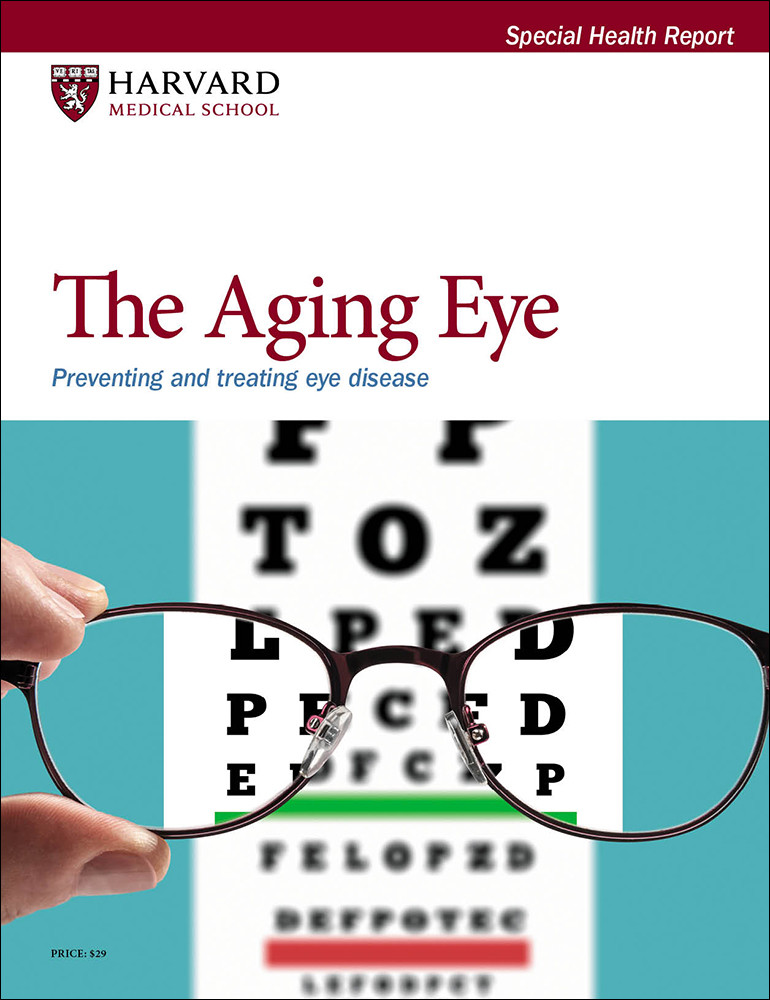Cataract types
Cataracts come in three types: nuclear sclerotic, cortical, and posterior subcapsular. You may have just one of these types, or a combination of them.
Nuclear sclerotic cataracts are the age-related type of cataract that ophthalmologists see most often. They cloud the nucleus, or center of the lens, turning it yellow and then eventually a brown color. As the cataract darkens, it hardens. Sclerosis is a medical term for hardening.
Because nuclear sclerotic cataracts grow very slowly, several years might pass before you notice any changes to your vision. Distance vision is typically the first to fade. Close-up vision may improve temporarily, a phenomenon sometimes referred to as “second sight.” Eventually, the darkening of the lens will reduce your ability to distinguish details and colors.
Cortical cataracts create areas of clouding of the cortex, or outer layers, of the lens. The cloudy areas look like white spokes on a wheel. The spokes first appear at the edges of the lens
first appear at the edges of the lens under the iris and then extend into the center of the pupil. These white spokes scatter light.
Diabetes puts a person at especially high risk of this type of cataract. High blood sugar damages the lens over time, leading to the cortical spoking pattern of cloudiness.
The main symptoms are glare, which can make it hard to drive at night, and blurred vision. Glare may interfere with depth perception, making it hard for you to discern your distance from objects and people.
Posterior subcapsular cataracts form on the back surface (posterior) of the lens, just underneath the lens capsule, a clear membrane that surrounds the lens. This type of cataract causes halo effects and glare in bright sunlight or around lights in the dark. It grows worse much more quickly than the other cataract types—over a period of months rather than years. It may degrade vision drastically in some situations, but not in others. You’re more likely to have this type of cataract if you have diabetes or take steroid medicines.













